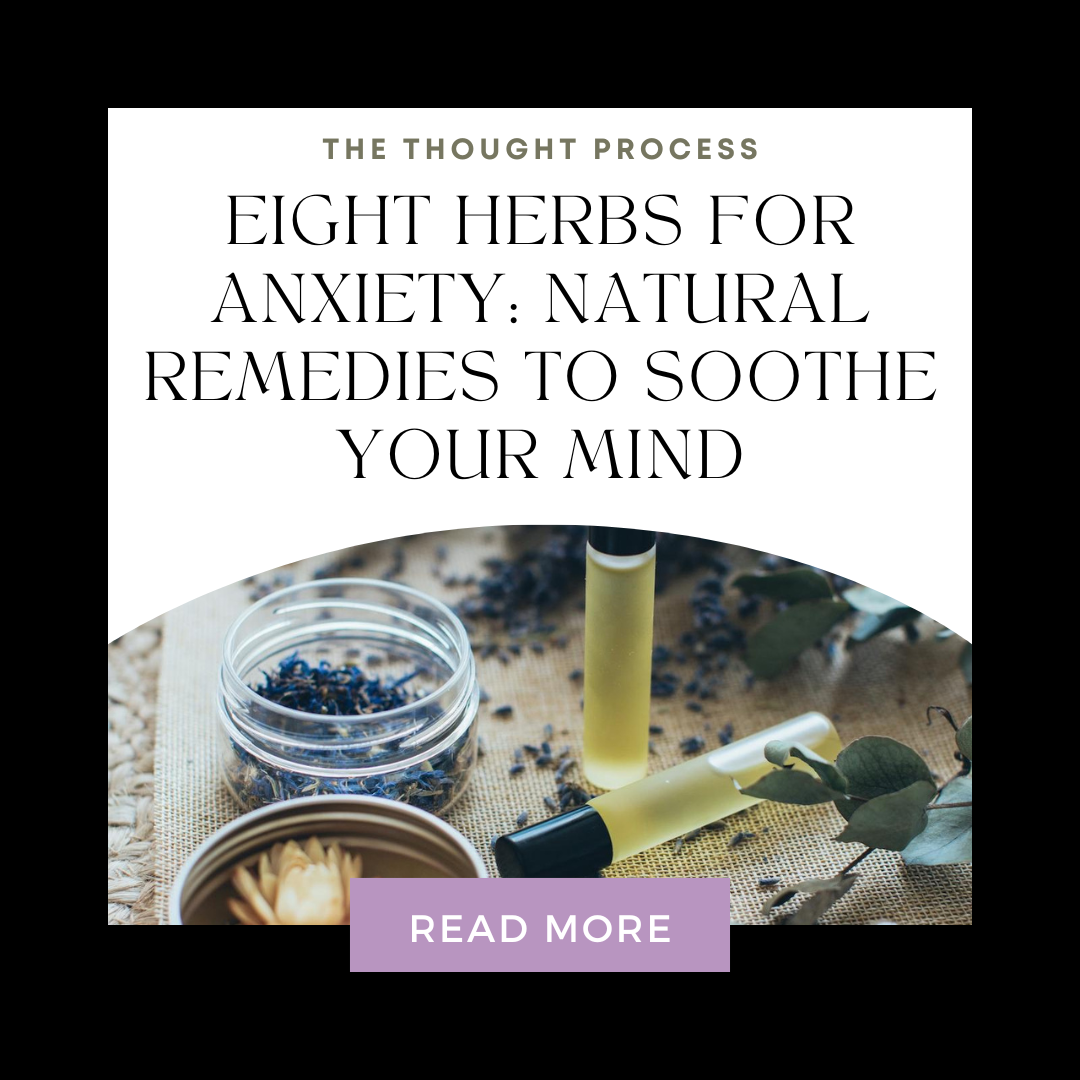In our fast-paced world, anxiety has become a common companion for many. While modern medicine offers various treatments, some people seek natural remedies to alleviate their symptoms. Herbs have been used for centuries to calm the mind and promote relaxation. Here are eight herbs that can help manage anxiety.
1. Chamomile
Chamomile is one of the most well-known herbs for relaxation. Its mild sedative effects make it a popular choice for those seeking to calm their nerves. Chamomile tea, in particular, is widely used to ease anxiety and promote better sleep. The herb contains antioxidants that bind to certain receptors in your brain, therefore helping to reduce anxiety.
2. Lavender
Lavender is renowned for its soothing aroma and has been used in various forms, from essential oils to teas, to alleviate anxiety. Research suggests that lavender can help reduce restlessness and agitation. Additionally, inhaling lavender oil or adding a few drops to a diffuser can create a calming environment, perfect for unwinding after a stressful day.
3. Ashwagandha
Ashwagandha is an adaptogen, in other words it helps your body adapt to stress. This ancient herb from Ayurveda has been shown to lower cortisol levels (a stress hormone), thereby reducing anxiety. Ashwagandha supplements or powders can be taken daily to help manage stress and improve overall well-being.
4. Valerian Root
Valerian root is also commonly used to treat insomnia and anxiety. It works by increasing levels of GABA, a neurotransmitter that promotes calmness. Valerian root can be taken in capsule form, as a tincture, or as a tea. Its earthy taste might take some getting used to, but many find it effective in easing tension and promoting sleep.
5. Passionflower
Passionflower is another herb known for its calming effects. It is often used to treat anxiety and insomnia due to its ability to increase GABA levels in the brain. Passionflower tea or supplements can help reduce symptoms of anxiety and improve sleep quality without the drowsiness associated with some medications.
6. Lemon Balm
Lemon balm, a member of the mint family, has been used since the Middle Ages to reduce stress and anxiety. It has a pleasant, mild lemon scent and can be consumed as a tea or taken in capsule form. Studies have shown that lemon balm can help improve mood and cognitive function while reducing anxiety.
7. Kava
Kava is a potent herb from the South Pacific known for its relaxing properties. It is often used to treat anxiety and promote relaxation. Kava works by interacting with brain receptors involved in fear and anxiety. It is available in various forms, including capsules, tinctures, and teas. However, kava should be used cautiously as it can have side effects and interact with certain medications.
8. Holy Basil (Tulsi)
Holy basil, or tulsi, is another adaptogenic herb that helps the body cope with stress. It is revered in Ayurvedic medicine for its ability to balance the mind and body. Holy basil can be consumed as a tea or taken in supplement form. Regular consumption is believed to help reduce anxiety, enhance mood, and improve overall health.
Incorporating these herbs into your daily routine can be a natural way to manage anxiety. However, it’s important to consult with a healthcare professional before starting any new herbal regimen, especially if you are taking other medications or have underlying health conditions. These herbs offer a gentle, holistic approach to achieving a calmer, more balanced state of mind.
To sum up, Embrace the healing power of nature and let these herbs for anxiety guide you to a more serene and peaceful life. For more natural ways to help your mind, body and soul check the post, Harnessing Nature: Herbs to Boost Weight Loss. For the latest on The Thought Process check out, Twelve Ways to Live More Mindfully.




